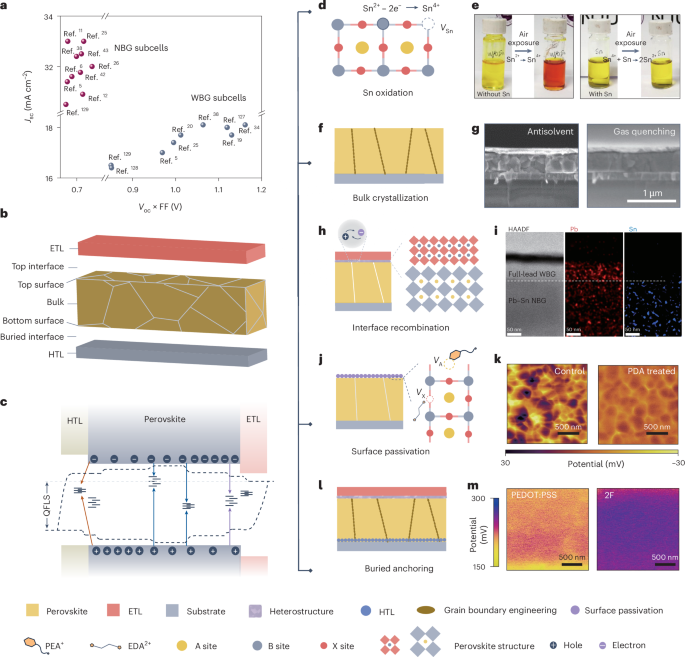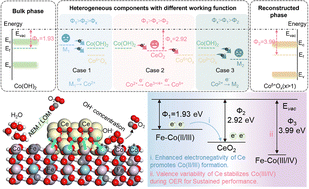Therapeutic Lipid Nanoparticles Delivery of Small Interfering RNA for the Synergistic Treatment of Hepatic Inflammation
Advanced Healthcare Materials, EarlyView.

Here, therapeutic L-LNPs are developed by replacing the helper lipid in Onpattro with 1,2-dilauryl-sn-glycero-3-phosphocholine. L-LNPs can deliver small interfering RNA (siRNA) to the liver. In addition, L-LNPs can inhibit the phosphorylation of extracellular signal-regulated kinase 1/2 in the MARK signaling pathway and reduce the production of tumor necrosis factor-alpha (TNF-α), synergistically treating hepatic inflammation with TNF-α siRNA.
Abstract
Small interfering RNA (siRNA) against tumor necrosis factor-alpha (TNF-α) is a valuable therapeutic agent for hepatic inflammation. However, lipid nanoparticles (LNPs), the most clinically advanced vectors for delivering siRNA to the liver, have no therapeutic effect on diseases themselves. Here, therapeutic L-LNPs are developed by replacing the helper lipid in Onpattro with 1,2-dilauryl-sn-glycero-3-phosphocholine (DLPC). Cy5-siRNA in screened L2-3@siRNA has comparable liver accumulation with that of initial LNPs without DLPC. L2-3@siTNF-α can significantly block TNF-α production in vitro and in vivo. The findings demonstrate that DLPC in L2-3@siRNA can decrease the phosphorylation of extracellular signal-regulated kinase 1/2 in the MARK signaling pathway and reduce the production of TNF-α. Meanwhile, the loaded siTNF-α can effectively silence the expression of the TNF-α gene through RNA interference. The synergistic therapeutic effect of L2-3@siTNF-α results in an excellent anti-inflammatory effect in treating hepatic inflammation with good biocompatibility. Therefore, this work would provide a promising platform for the safe and effective treatment of hepatic inflammation.












































































































































